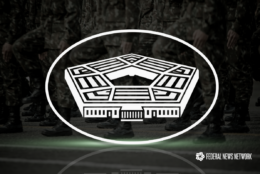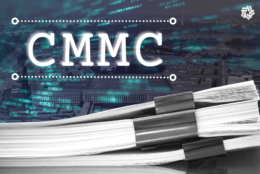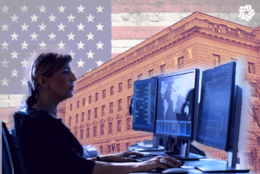Cybersecurity
-
A DoD inspector general report found DoD inconsistently marked controlled unclassified information (CUI). Under CMMC, that could be a big problem.
September 16, 2024 -
Agencies can stay ahead of cyberthreats on everything from software development to network monitoring through a few tactics, share OpenText and Splunk experts.
September 16, 2024 -
CISA assessment teams have been emulating China-linked threat groups, like Volt Typhoon, to test the cyber defenses of critical infrastructure.
September 13, 2024 -
Alabama Republican Senator Tommy Tuberville is holding up the promotion of Lieutenant General Ronald Clark to lead Army forces in the Pacific.
September 12, 2024 -
Shery Thomas, an executive in the Marine Corps Forces Cyberspace, said their zero trust effort is on track thanks to the Navy’s enterprisewide service.
September 12, 2024 -
"What the CMMC program is doing is adding new verification mechanisms," procurement attorney Dan Ramish said.
September 12, 2024 -
"We have this whole of government approach that we take in response to intrusions that are targeting the US government and our allies," Unit Chief Scott Ledford
September 11, 2024 -
"There is power in quantity, but how we talk about our return on the nation’s investment is an area I’m looking to try to work on," Michael Sulmeyer said.
September 11, 2024 -
DHS is asking Congress to help the Cyber Safety Review Board with legislative authorities, funding and subpoena powers to aid its cyber incident investigations.
September 09, 2024 -
The IRS is tapping into Inflation Reduction Act funds to support these enforcement efforts.
September 09, 2024 -
AI could be a big factor in a potential second cybersecurity executive order, but federal cyber pros are also wary of the risks of relying too much on AI.
September 06, 2024 -
With the zero trust deadline barely in the rearview mirror, agencies begin to see the results of their early efforts. What challenges lay ahead?
September 06, 2024 -
How is the Marine Corps Forces Cyberspace Command securing data?
September 05, 2024 -
The cyber hiring push led by the Office of the National Cyber Director comes as the government grapples with an estimated 3,000 open cybersecurity jobs.
September 04, 2024 -
What strategies and technology are driving data strategy in government?
September 04, 2024















